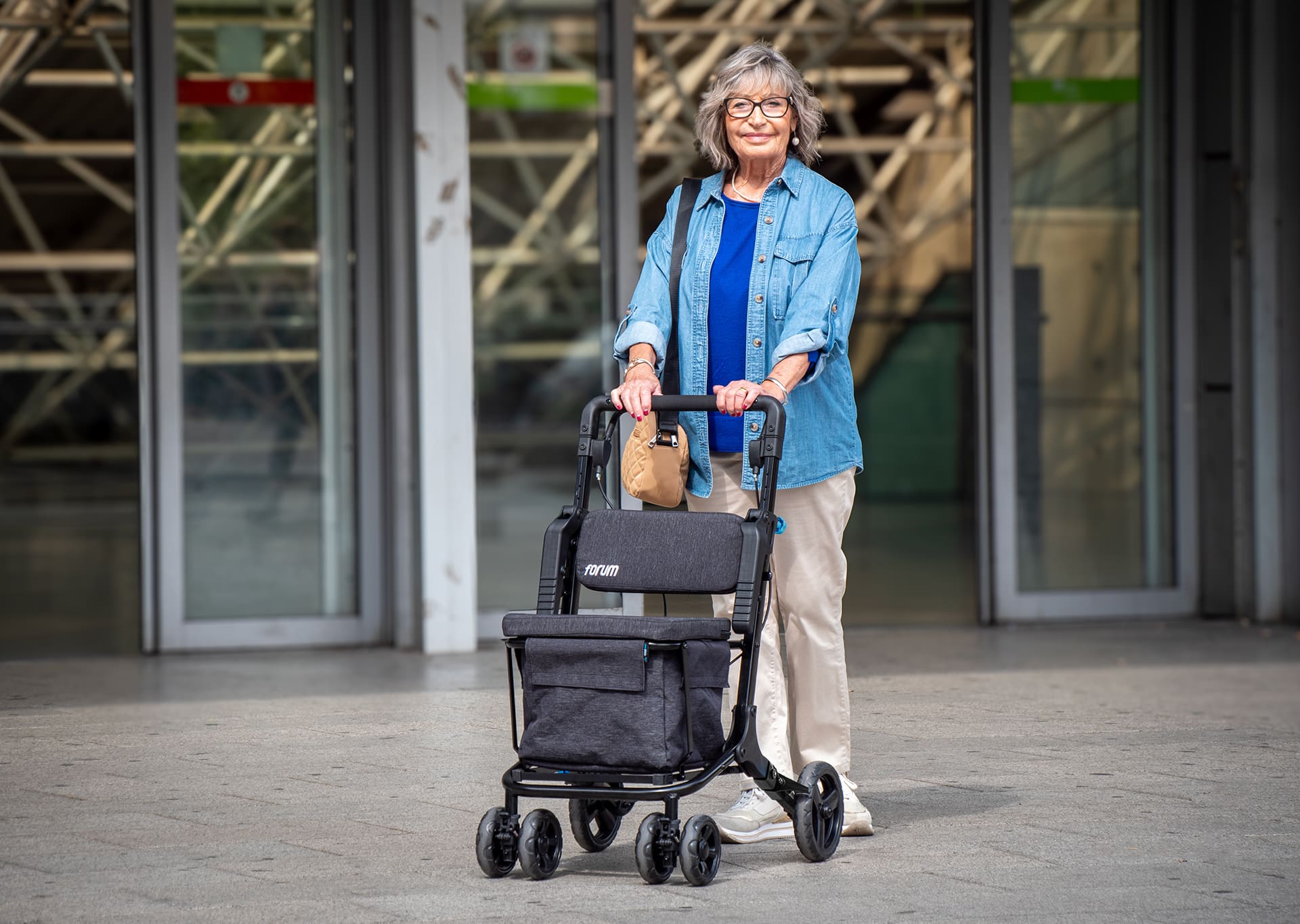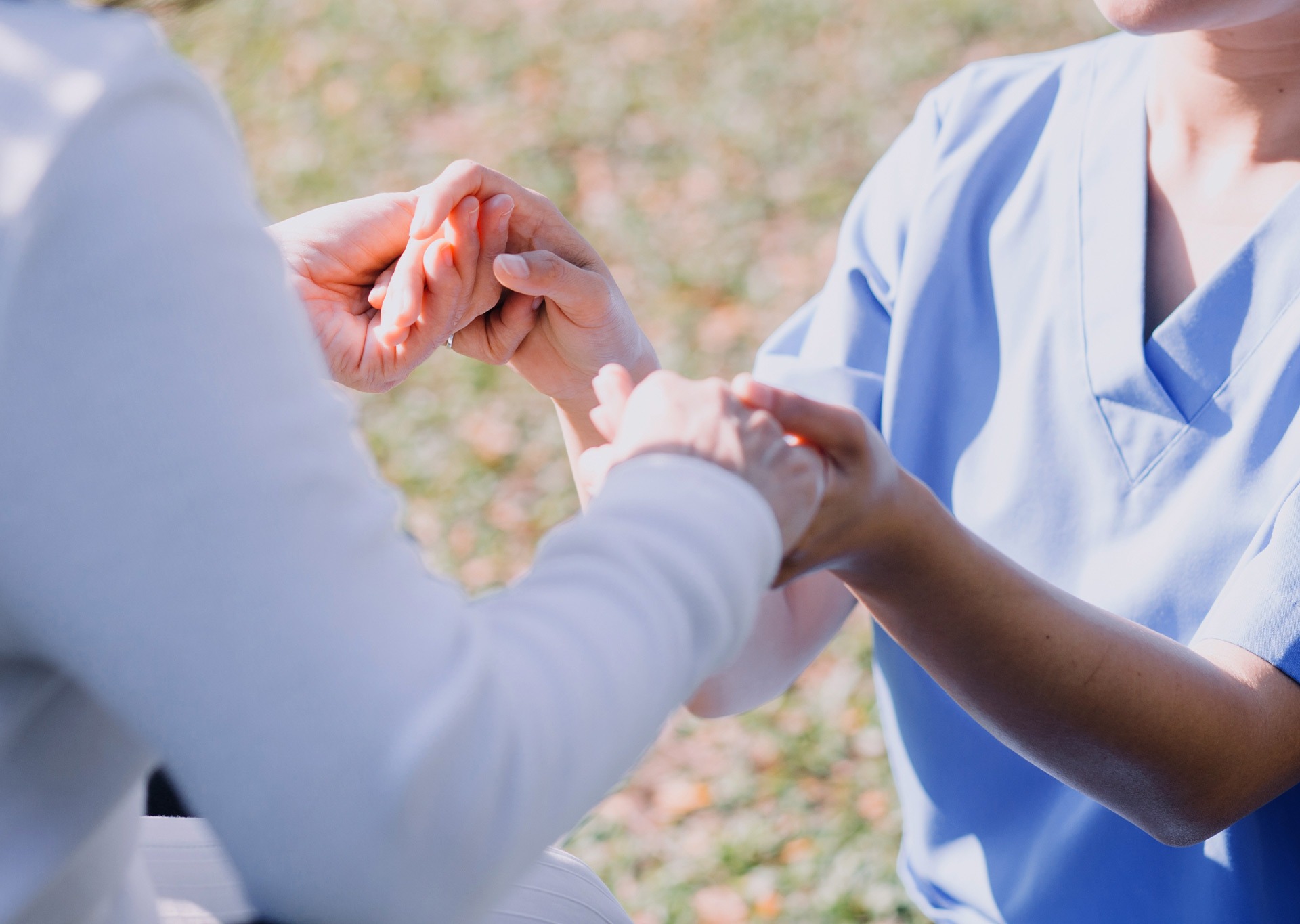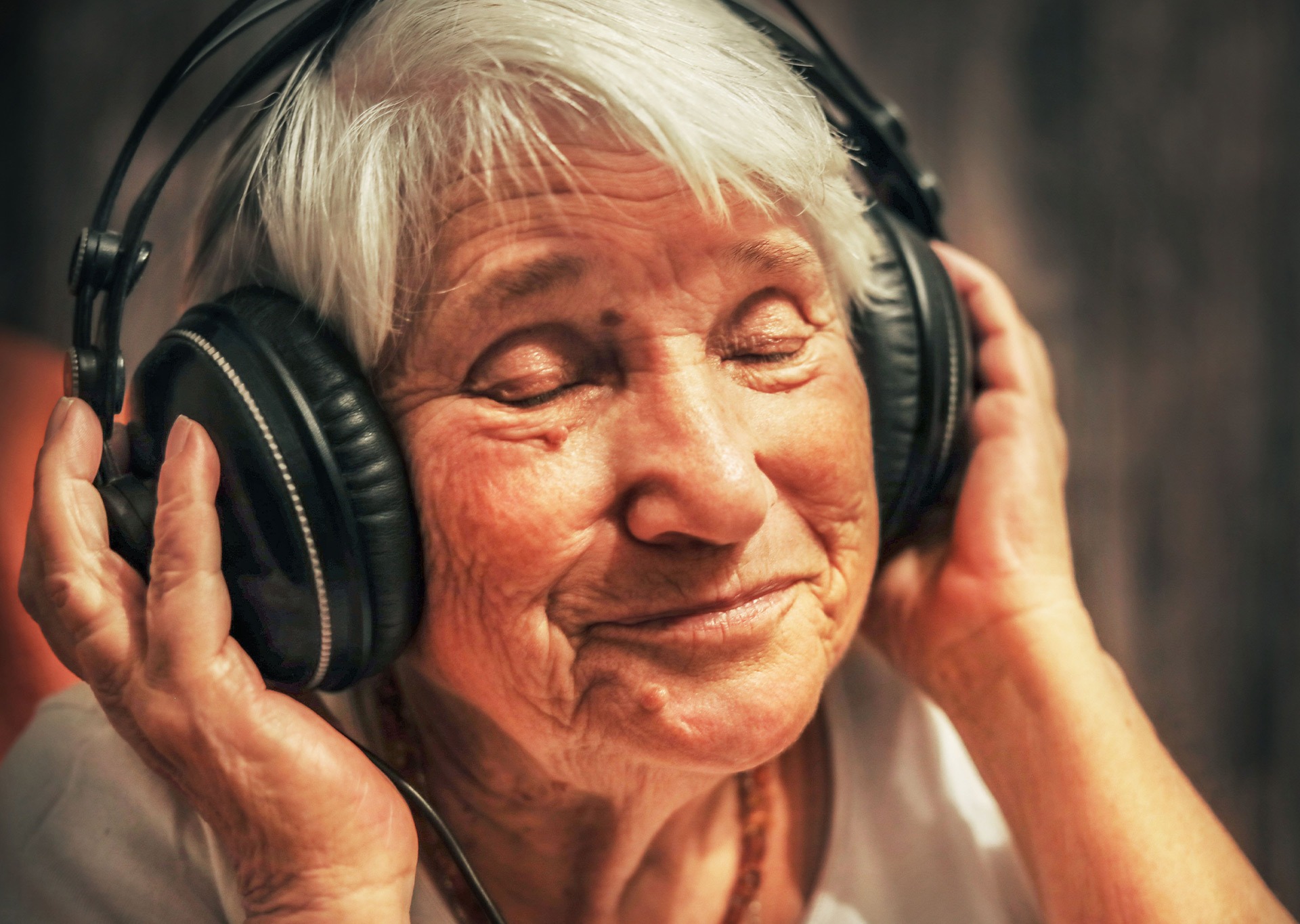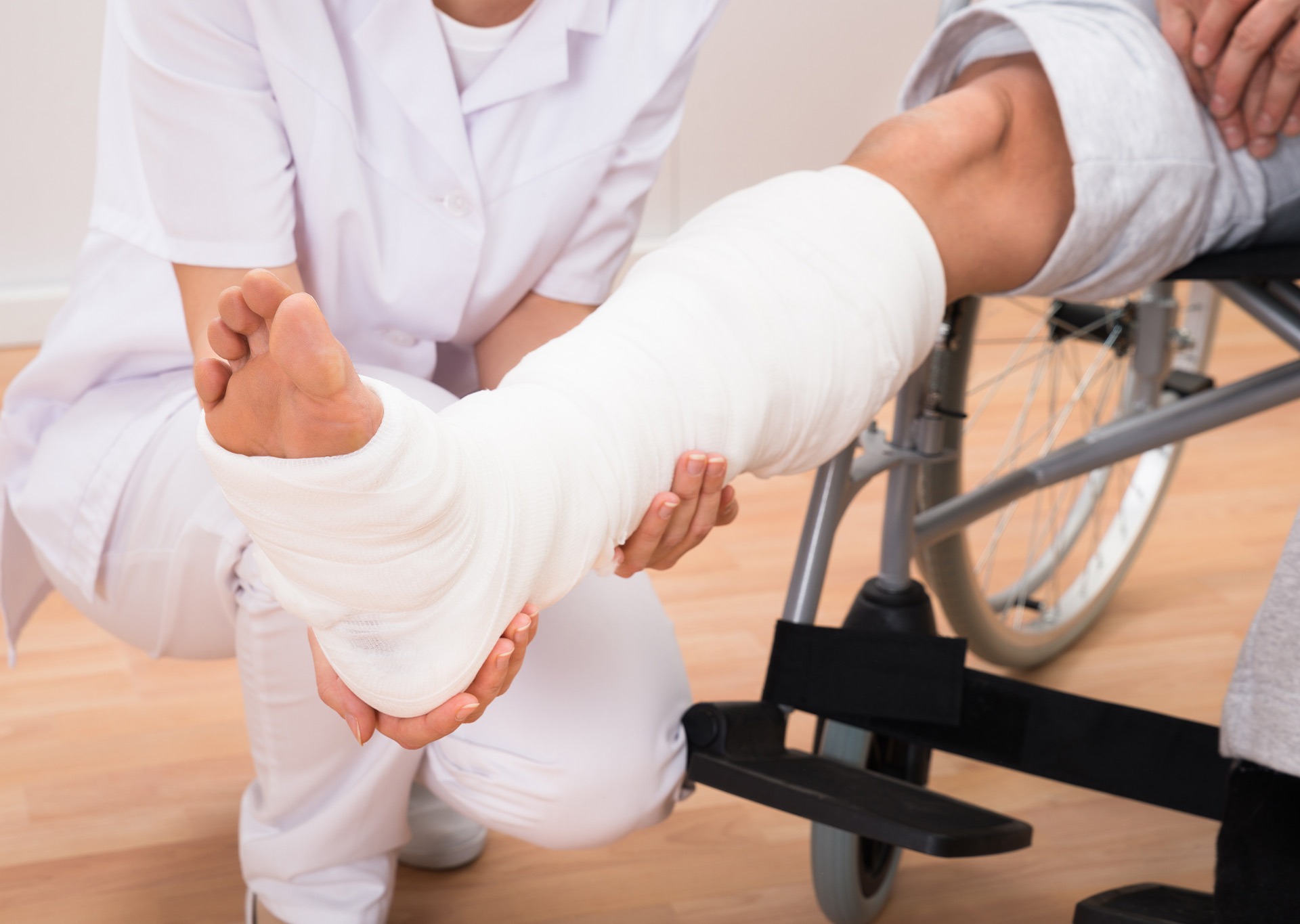
Hobbies and well-being: Start the year active
After the intensity and fast pace of the holidays, many people feel the need to return to more leisurely and enriching habits. This transitional period is ideal for introducing hobbies and pastimes into the daily routine, or even exploring new activities that bring personal satisfaction and mental and physical health benefits. Especially for those looking to stay active and socially connected, hobbies become a powerful tool to promote one’s well-being.
Beyond being simply entertaining, hobbies offer multiple benefits: they help reduce stress, keep the mind active and, in some cases, contribute to improved mobility and coordination. Activities such as these can be personalised and adapted according to individual needs, making them accessible to people of all ages and mobility levels. This article explores different proposals to start the year full of energy.
Taking up hobbies again: reconnecting with joy
For those who already had hobbies, taking up paused activities is an excellent starting point. Hobbies such as reading, knitting, modelling, or gardening can once again become part of the daily routine. These activities not only bring peace of mind, but also exercise specific skills such as hand coordination and concentration.
For example, knitting and modelling work on fine motor skills, while gardening involves movements that improve flexibility and strength. Even reading a good book or listening to music can be a balm for the soul, aiding relaxation and encouraging a positive mindset.
Discovering new hobbies: expanding horizons
The beginning of the year is also a perfect opportunity to venture into new areas of interest. Activities such as painting, cooking, music or learning a language offer exciting challenges and personal rewards. In addition, many of these hobbies can be adapted to the abilities of the individual.
To facilitate enjoyment, there are tools designed specifically for those with particular needs. Ergonomic kitchen utensils, adapted paintbrushes or adjustable workbenches are examples of products that make any activity more accessible and enjoyable.
Outdoor Activities: Connecting with nature
Hobbies such as gardening, photography or simply enjoying a walk in the park are wonderful ways to reap the benefits of natural light and fresh air. These activities have a direct impact on mood, reducing symptoms of stress and anxiety.
For people with reduced mobility, mobility aids such as walkers or wheelchairs allow these activities to be enjoyed in comfort and safety. Having a lightweight rollator or a built-in seat, such as the Forum model, can transform a walk into a relaxing and enriching experience.
Socializing through hobbies: relationships and community
Hobbies are not only an individual activity, but also a gateway to new friendships and social connections. Joining a reading group, attending cooking workshops or participating in art classes provides the opportunity to share experiences, learn from others and build emotional support networks.
The social aspect is especially important for mental wellbeing, as it fosters a sense of belonging and reduces feelings of isolation. Regular interactions with others are key to maintaining a balanced and happy life.
Hobbies as vehicles for well-being
Returning to or discovering a hobby after the holidays not only enriches daily life, but also brings renewed purpose and a source of constant joy. Hobbies help keep the mind active, cultivate skills, and strengthen social connections—all while enjoying the process.
With the right tools and products, such as adapted utensils or mobility aids, anyone can explore and enjoy meaningful activities, regardless of their physical abilities. This new year, consider hobbies as an investment in your physical, mental, and emotional well-being. Because, in the end, making time for what we are passionate about is one of the best ways to take care of ourselves and live fully.








